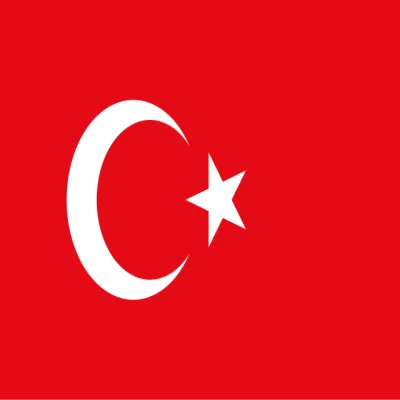By Justin Mays:
Celiac disease patients who cannot afford buckwheat bread will soon receive it free from Mardin, in southeastern Turkey.
138.000 celiac patients reside in Turkey though the total number is unknown because the disease carries different symptoms, and some do not show any signs. There are various gluten-free diets in Turkey, but some patients have not been able to buy them due to high prices.
About Celiac
Disease
Celiac disease, also known as gluten-sensitive enteropathy, is an immune reaction to eating gluten, a protein found in rye, wheat, and barley. This reaction affects the small intestine lining and prevents it from absorbing some nutrients. This damage may result in weight loss, fatigue, anemia, diarrhea, bloating, and other serious complications. In children, symptoms include mood swings, anxiety, weight loss, slow growth, and stained enamel.
Anadolu Agency reported that Mr. Mahmut Demirtas, Mardin’s Acting Mayor, hosted 1.000 celiac patients who agreed to participate in the pilot program buckwheat at a farmer’s field. The municipality, local agriculture authority, and agricultural research institutes will facilitate the program. The city of Mardin will process the buckwheat in its facilities to make bread for free for patients in the province.
“Mardin has the advantage of a shorter harvest term, just 60 days, compared to 90 days required elsewhere. It also has suitable weather conditions, which is a good amount of sunlight,” said Demirtas.
One of the farmers who dedicated his field to buckwheat farming, Mehmet Keles, said, “buckwheat needs less energy consumption. I will plant it on 30 more acres, and I hope other farmers in the region will join the production”.
An agricultural engineer Dr. Ahmet Gunes from the agricultural research institute highlighted that one of Turkey’s cities, Konya, which is the county’s breadbasket, has been working towards increasing buckwheat for two decades, and the country has been producing its buckwheat seeds since 2014.
650 kilograms of buckwheat was harvested on 22 June 2022 on a field in Artuklu district on Mardin after the first trial cultivation.













